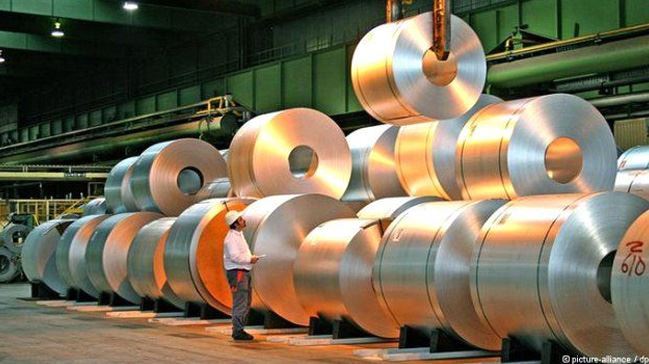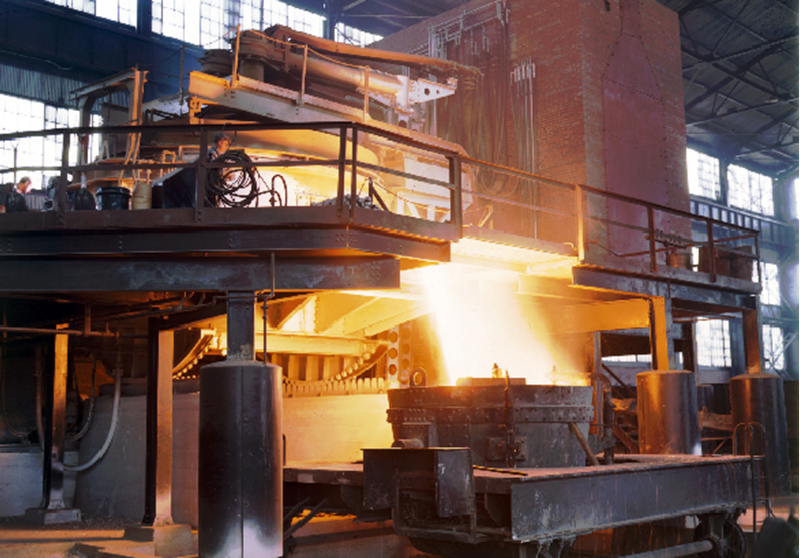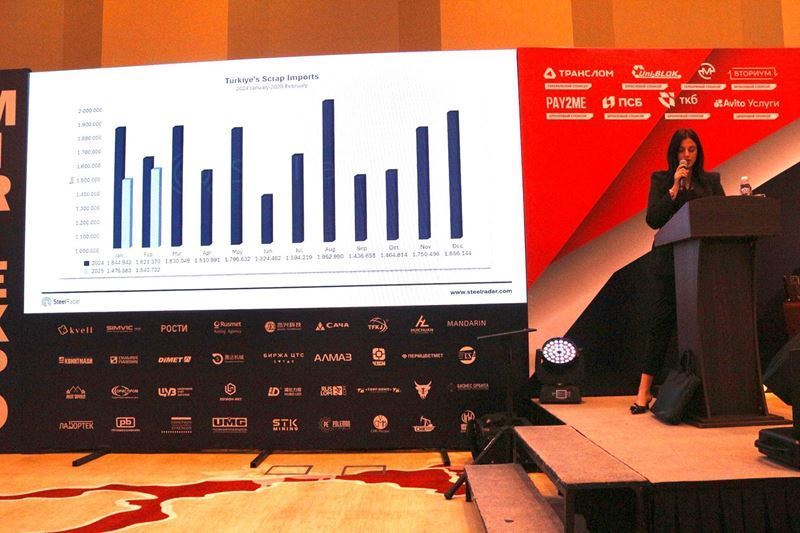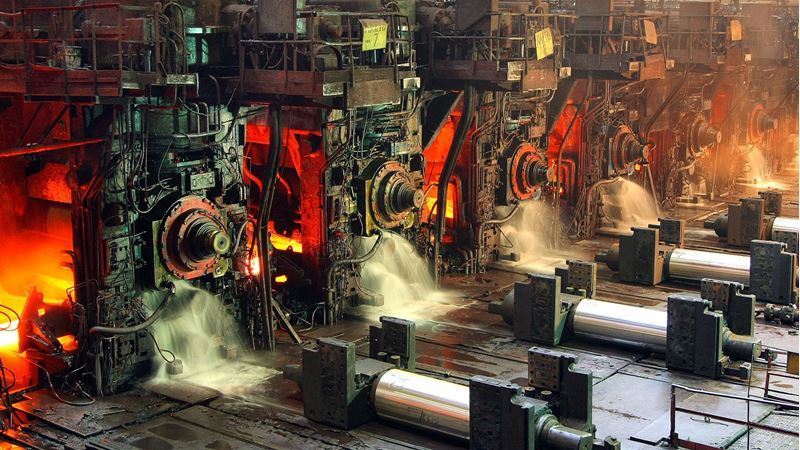In a new report titled "Commodity Markets: Development, Challenges and Policies", the Bank reported that global commodity markets are being reshaped as a result of the COVID-19 outbreak, the war in Ukraine and the effects of climate change, and this transformation may have profound implications for emerging economies.
Global demand for commodities will slow
The report said that demand for some commodities is likely to increase, but growth in overall global demand for commodities is expected to slow as population growth slows and emerging economies mature.
Pointing out that the transition to cleaner energy can be challenging, the report said, "Demand for metals needed to build renewable energy infrastructure and produce electric vehicles is likely to increase in the coming years, increasing the prices of metals and providing unexpected gains for exporting countries." assessment was made.
Red metal, copper and aluminum are the main beneficiaries
The report noted that the prices of these metals may remain high for a long time, which will depend on the speed of the energy transition, the volume of mining capital investment, environmental constraints on these industries, and policy measures and incentives.
Emphasizing that red metal, copper and aluminum used in wind turbines, solar panels, grid connections, electric vehicles and charging infrastructure will be the main beneficiaries in the energy transformation, steel alloys such as chrome and iron ore, battery metals such as nickel, lithium and cobalt, as well as rare earth and aluminum alloys. platinum group metals were listed among other important metals.
The attractiveness of fossil fuels
The report said that although renewable energy is fast becoming the lowest-cost energy source in many countries, fossil fuels will remain "attractive", especially in countries with ample local reserves.
In the World Bank's report, it was stated that in the short term, energy demand may continue to exceed supply with insufficient investment in low-carbon technologies.
Pointing out that commodity price shocks affect commodity exporters in different ways, the report stated that policy solutions should be adapted to reflect the specific conditions of each country.
The report noted that an organization similar to the International Energy Agency focusing on metals and minerals should be established to assist data collection and analysis, urging policymakers to provide a favorable policy environment for adequate investment in metals production to avoid future deficits.











Comments
No comment yet.